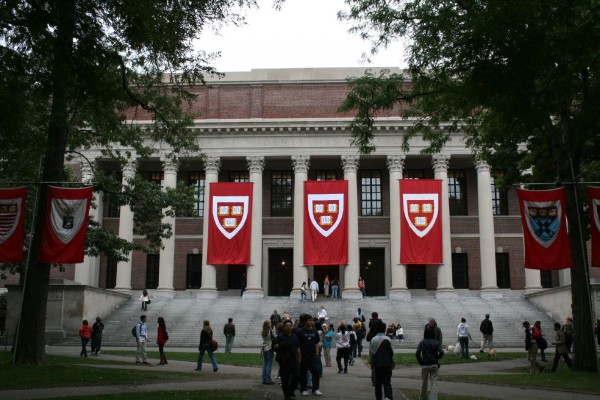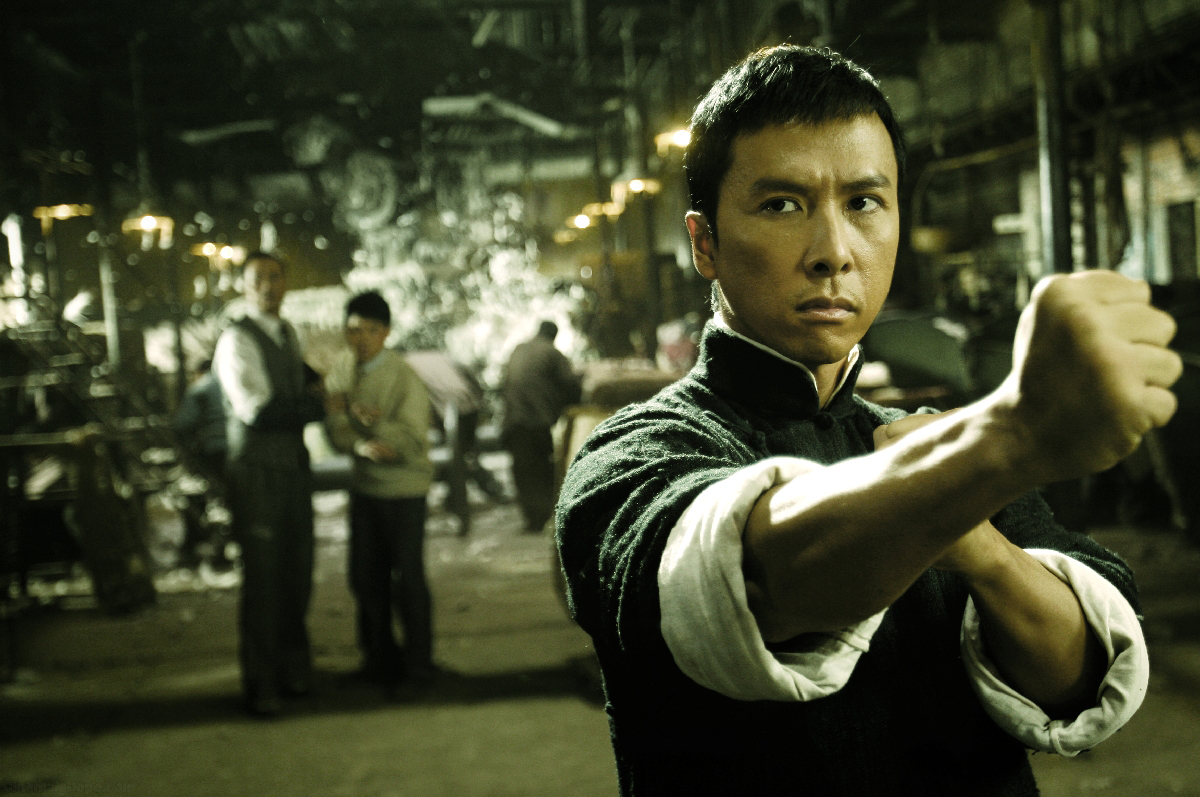Below is a timeline of events, including a case against Harvard with accusations that the school limits the number of Asian American students it enrolls, of affirmative action, a controversial practice that has divided groups of AAPI advocates.
Affirmative action debate arrived at the U.S. Supreme Court in 2012.
 (Matt Wade / Creative Commons)
(Matt Wade / Creative Commons)
Abigail Fisher, a white woman, sued the University of Texas and claimed that it denied her admission while lesser-qualified black and Latino students were admitted due to affirmative action. Fisher’s case was backed by Edward Blum and his advocacy group, The Project on Fair Representation.
“The Project on Fair Representation is a not-for-profit legal defense fund program that is designed to support litigation that challenges racial and ethnic classifications and preferences in state and federal courts,” the group’s website states.
Two years later, Harvard and University of North Carolina were also facing lawsuits.
The Project on Fair Representation filed lawsuits against the two universities, accusing the institutions of using race-based affirmative action policies that impact high-achieving white and Asian Americans. In addition, the case against Harvard specified accusations of the university limiting the number of Asian Americans it admits each year.
The plaintiff in both cases is the Students for Fair Admissions, an anti-affirmative action nonprofit and arm of the Project on Fair Representation.
Later, a coalition of 64 Asian American groups took aim at Harvard’s admission policies.
In May 2015, a coalition of 64 Asian American groups filed a complaint to the U.S. Department of Education and the U.S. Department of Justice about Harvard’s admission policies. The complaint accused the school of discriminating against Asian American students by setting a higher bar in its admissions process than for other groups.
A month later, the complaint was dismissed by the U.S. Department of Education because similar lawsuits were already filed in November 2014.
In June 2016, the Supreme Court ruled in favor of affirmative action.
#SCOTUS upholds Affirmative Action in the case of Becky with the Bad Grades V U. of Texas. pic.twitter.com/HmqrDrPvkm
— I’m Not Your Google (@SheBeShonuff) June 23, 2016
In a 4-3 vote, the Supreme Court ruled in Fisher v. the University of Texas that admissions officials can still continue to use race as one factor among others to ensure a diverse student body.
When the decision was announced, a group of more than 160 Asian and Pacific Islander American organizations applauded the decision. In the month before the decision was made, the organizations, along with the National Asian Pacific American Bar Association, signed an open letter showing their support for affirmative action and the university. President Barack Obama, too, welcomed the ruling.
“Affirmative action simply takes into account whether an applicant has overcome significant obstacles and institutional barriers … as one of several factors in a holistic review of an applicant’s qualifications, leadership and potential,” the group’s letter read.
Asian Americans Advancing Justice-LA came out in support of Harvard.
 (Asian Americans Advancing Justice Los Angeles)
(Asian Americans Advancing Justice Los Angeles)
“Advancing Justice-LA and the students chose to get involved in this case because the vast majority of Asian Americans support affirmative action and have historically benefitted greatly from the consideration of race,” Nicole Ochi, supervising attorney at AAJA-LA, told Asian American Press.
Two students from Southern California — both Harvard applicants — have voiced their support for Harvard as well. “Asian students and other students of color have to face institutional barriers that many white students may not, so I think [affirmative action] levels out the playing field,” Jason Fong, a high school senior and one of the two students, told KPCC.









